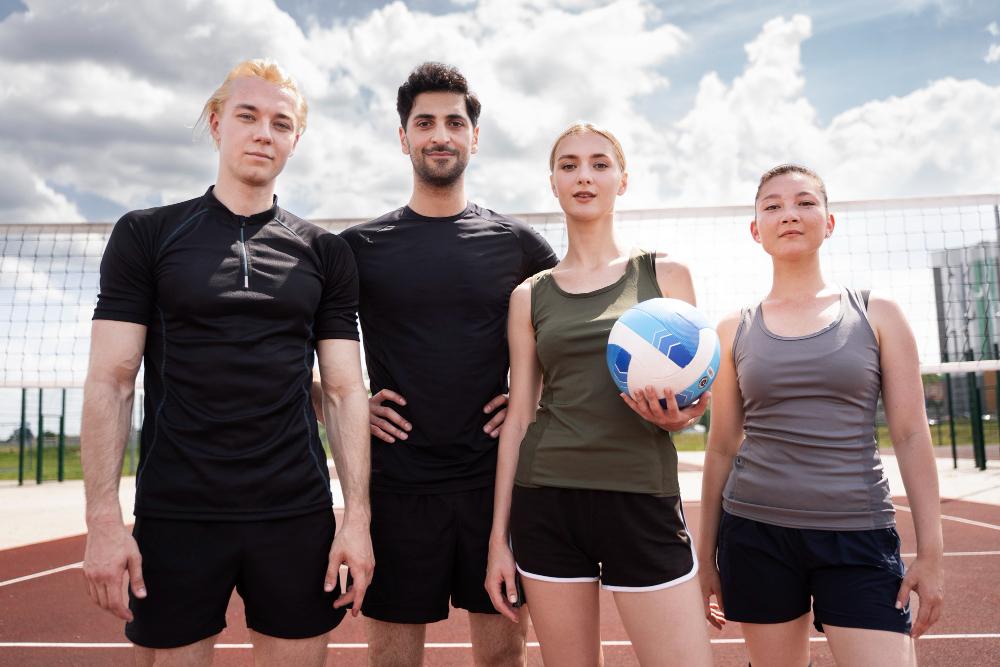
Photo courtesy of Freepik
Team spirit is the invisible glue that separates good teams from championship squads. The difference between a group of great players and a team is all about psychological bonds that lead to phenomenal performance when it matters most.
Building team spirit is as critical as it is to be successful on the field. These skills translate immediately to leadership abilities, communication expertise, and cooperative mindsets that benefit athletes throughout their careers. Let’s examine some proven methods that create long-term team unity on the field and in daily life.
Foster Genuine Connections Through Shared Identity
The most powerful team culture develops when players see beyond shallow superficial conversation and become connected with teammates. It begins by creating opportunities for genuine connections far beyond the typical locker room chatter.
Establishing a shared identity is about developing team traditions that become part of who you are as a team. It can be some pre-game ritual you all do together, a team motto that summarizes what you’re about, or even just wearing matching accessories on and off the field. For instance, cross country squads can make a statement with custom youth cross country uniforms, as they help express unity and pride, reminding athletes they’re part of something far greater every time they get on the track.
When athletes get to know each other beyond just being teammates, they build something psychologists like to call “psychological collectivism”. It’s when their own success is tied to the team’s success. This change in mindset totally shifts how players think about their own effort and supporting the team, making everyone’s performance even better.
Develop Communication Excellence
Excellent team spirit requires communication skills that can cope with pressure and provide clarity when things become chaotic. Effective communication is simply creating a space where all members of the team feel heard, valued, and prepared to contribute.
To achieve that, you must begin by improving active listening skills, as it helps you understand what your team members are saying to you without jumping first to solutions or judgments. It’s also vital to have regular check-ins where team members are not only reporting their physical conditions, but also their mental and emotional state.
Remember, successful communication patterns between teams are associated with much higher cohesion and performance. When players communicate, they get better at making decisions, coordinating, and covering one another. This ability proves useful in crunch situations where millisecond coordination makes the difference.
Cultivate Collective Accountability That Elevates Everyone
The best teamwork really shines through when every student athlete does their part and owns up to the team’s success, with every team member calling each other out in love and respect. It’s all about establishing an atmosphere where excellence is the only standard.
Begin by setting clear expectations that all contribute to. These should include effort towards training, academics, team behavior, and mutual support. The goal is to make these expectations feel like commitments to the team rather than directives from above.
Collective responsibility brings in what scholars refer to as “task cohesion”, a common commitment toward team success that fosters sustained effort and performance. Players are aware that others have as much to gain, and they work harder, train more conscientiously, and show up more frequently as a result.
Endnote
Developing good team spirit is a matter of practice and effort, but the return on investment far outlasts the playing field. These connections, communication, and accountability skills develop leaders who can establish solid relationships, facilitate productive collaboration, and keep expectations high in any setting. The team spirit you establish today becomes the cornerstone of success in every future venture.